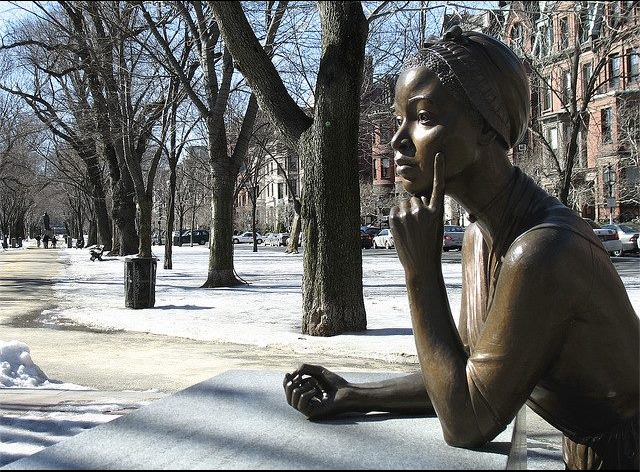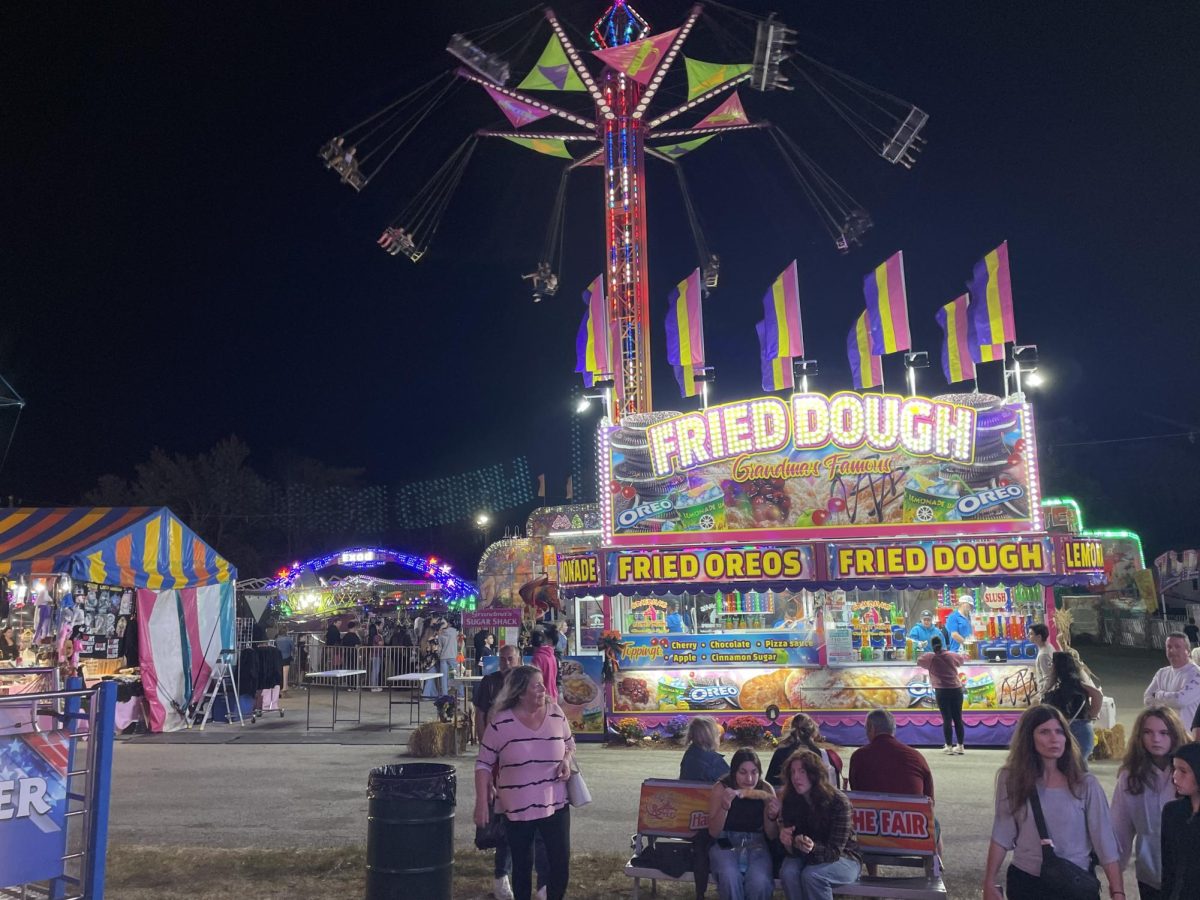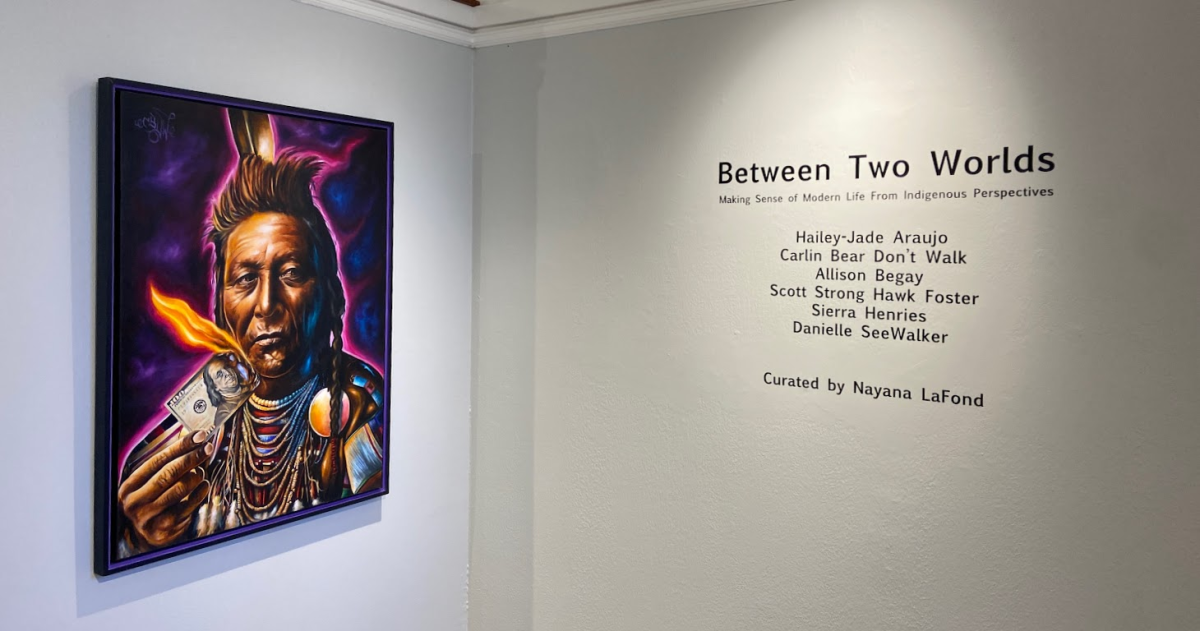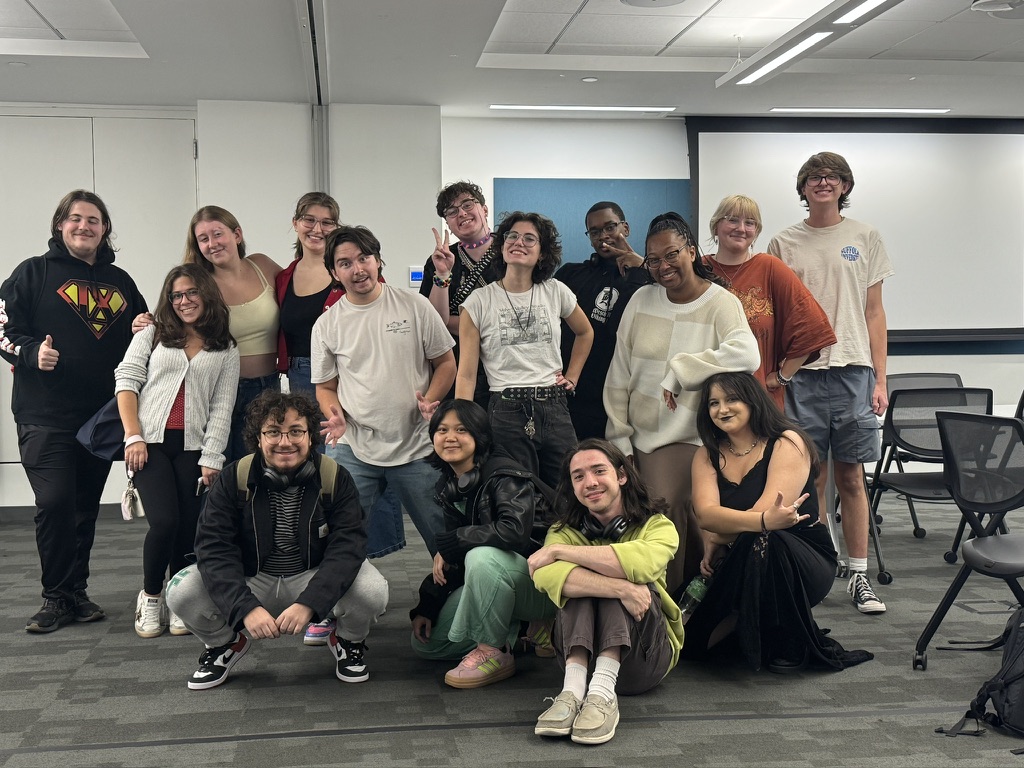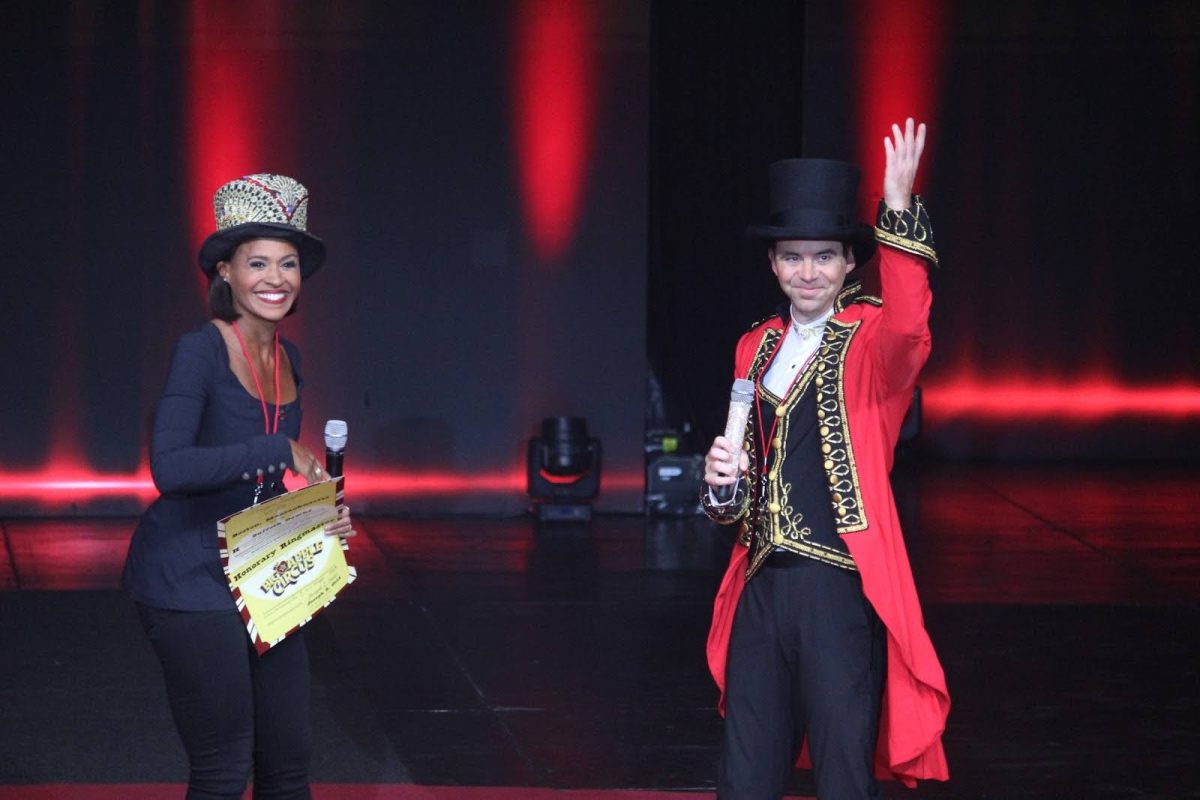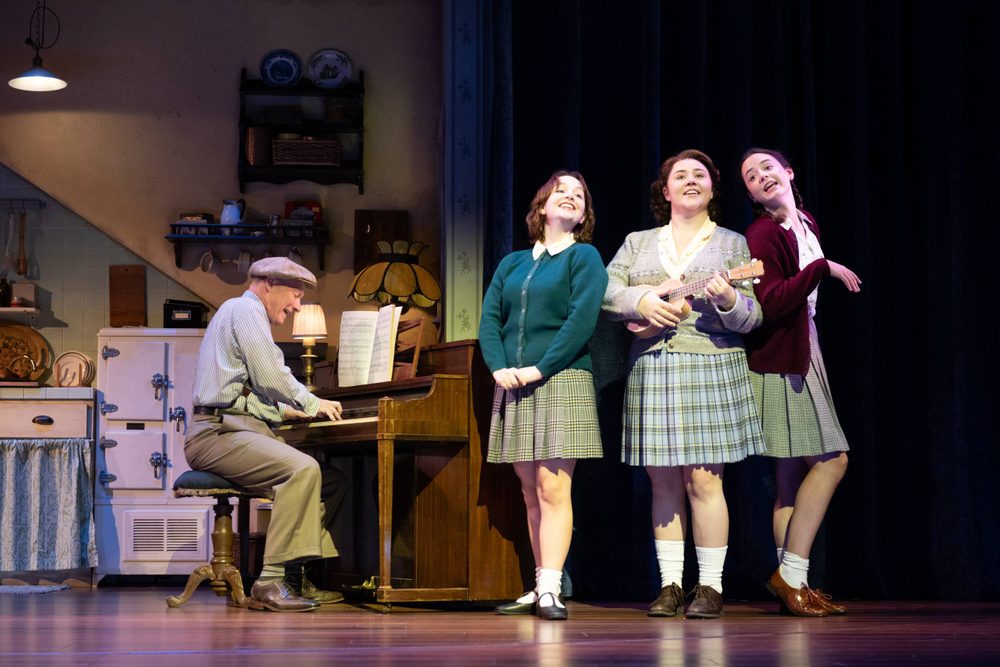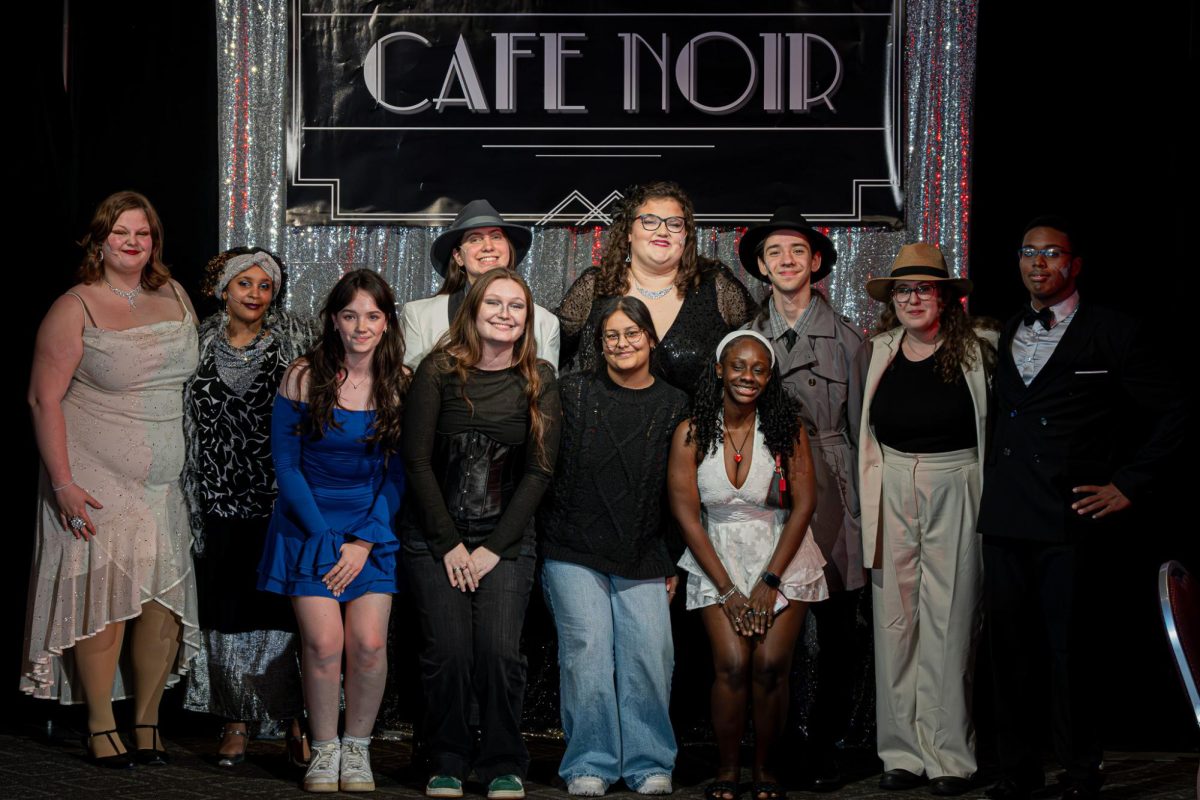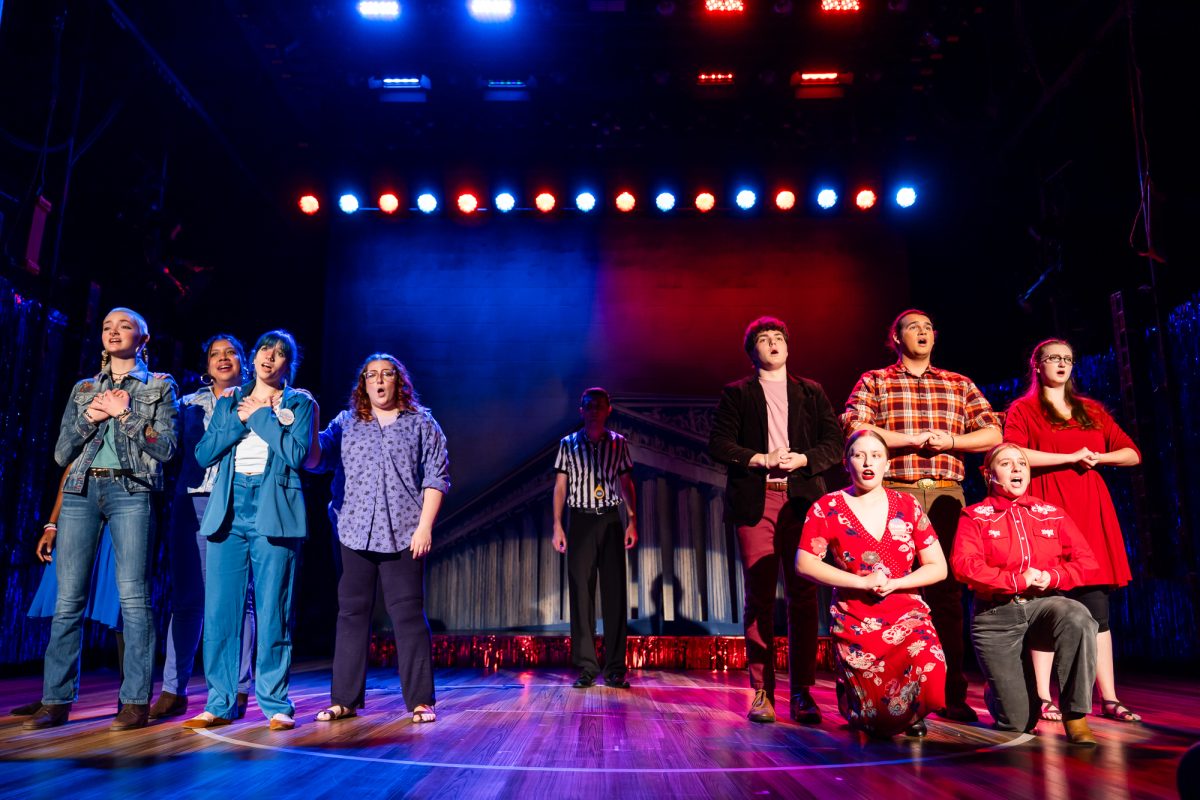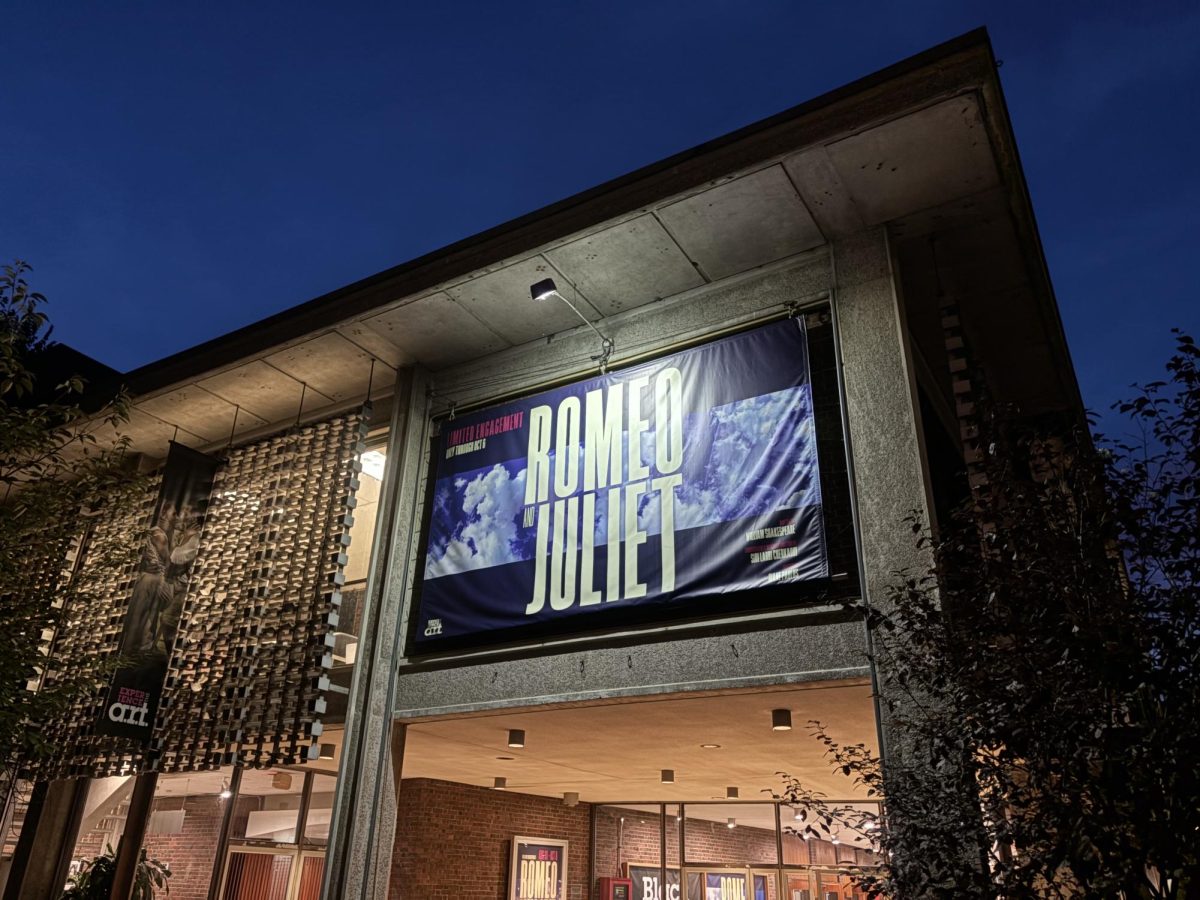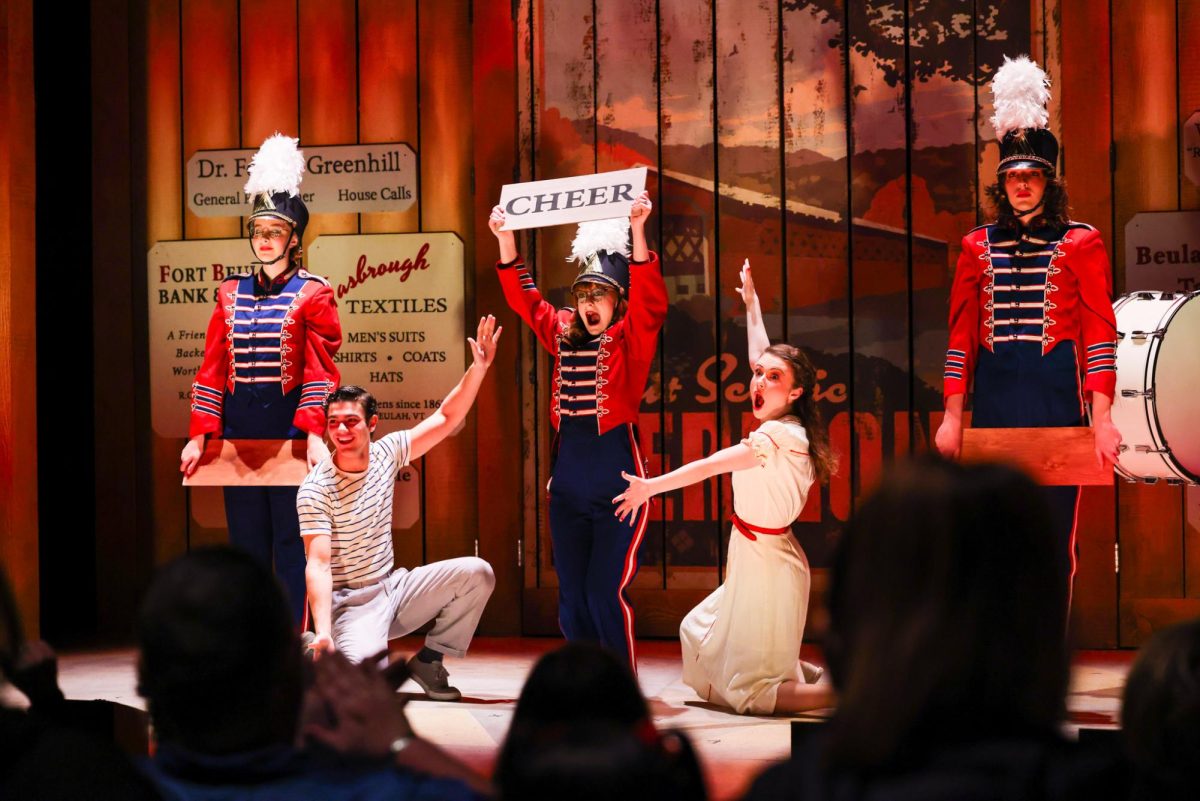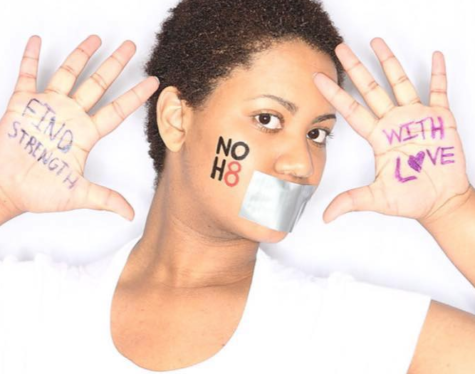Masquerading as prominent figures from the past, the actors of “Wrestling With Freedom” carried their audience through the turbulent times of the 18th, 19th and 21st centuries in the United States Saturday.
Hosted by Madison Park Development Corporation, the intimate audience sat in silence throughout the entire production at Hibernian Hall in Roxbury on Saturday night as the actors embodied some of the most beloved people in history.
Director and Playwright Jacki Parker told The Suffolk Journal she set up her production by having images of women as a main focus, specifically women who had lost men in their lives whether it be a romantic partner or their son.
The theme that appears to be happening across the country is one of hate crimes — police brutality and incarceration — is not new. Rather Parker sets out to show, via her plays, that these kinds of discriminatory attacks have been happening for centuries.
“I think in this political climate for me, I had another play that was scheduled to go up and looking at what’s going on in the world I could not, as an artist, be responsible and not deal with this,” said Parker in an interview with The Journal. “So, I had to express myself artistically in this political climate.”
The event consisted of three one-act plays that told the stories of a handful of people living during times of slavery and discrimination. The first play circled around Phillis Wheatley and her life as a slave.
In the play, Wheatley was abducted from Africa and brought over to the U.S. with the Evans family. Her experience as someone enslaved was rather unheard of, for she traveled between the U.S. and England with the family that enslaved her and spoke with prominent figures. Gracefully portrayed by Candis Hilton, Wheatley became well known across the U.S. and abroad for her artistic literary talents.
The second play circled around the relationship between Harriet Tubman, John Brown, Frederick Douglass and the enslaved people that Tubman was leading to freedom along the underground railroad.
“Just seeing the struggle that folks had to go through for their freedom, the fact that they’re willing to risk it all and the fact that once you become complacent or you accept your plight your fate is unamended,” said audience member Larry Higginbottom in a post second act interview with The Journal. “Being enslaved like Harriet [Tubman] said I could have freed more, but they have become slaves. That is also troubling today where a lot of folks although they free, but they had become slaves.”
This theme was even shown in the third play, which depicted the U.S. in 2020 in a government-induced apocalyptic state with 200,000,000 American citizens off the grid as a result of government actions.
“I’m somewhat obsessed with the whole idea of going off the grid,” said Parker. “I got frustrated with the way the world works. It is alarming that wealthy men particularly politicians are making decisions for me, my family, and my friends.”
“I think that the whole play in general is very enlightening because it brings you through the whole history of everything especially the Harriet Tubman and Frederick Douglass part,” said audience member Natalia Brankovich in a post show interview with the Suffolk Journal. “I think a lot of times people forget what we went through and so I really liked the whole way it transitions.”


